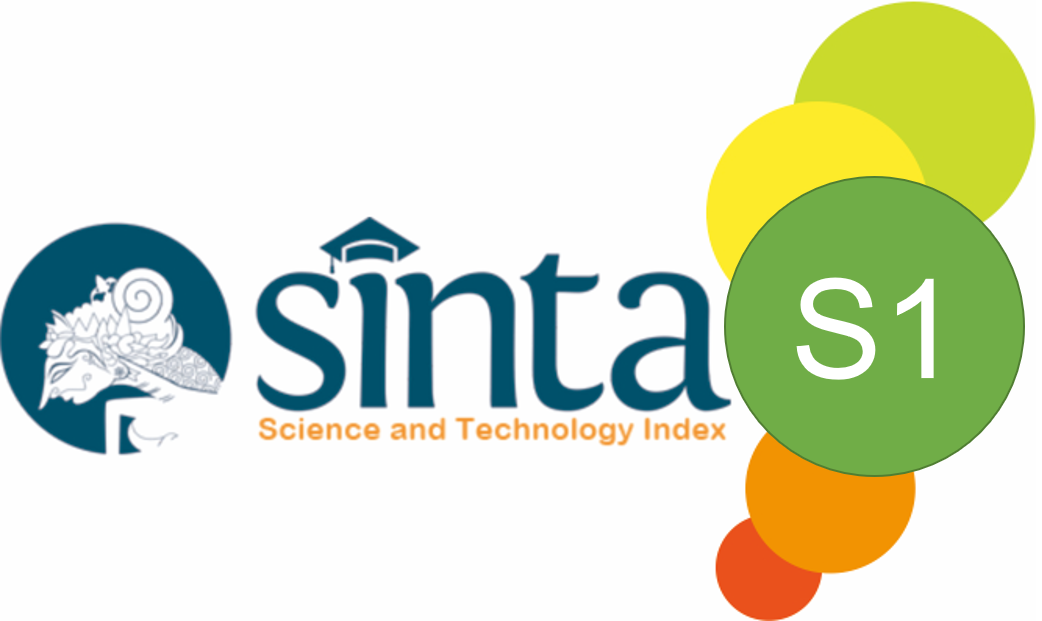Traceable Value for Proficiency Test of Natural Gas
Abstract
The use of consensus values as the assign value for proficiency testing (PT) activities are currently a common practice in Indonesia, including the field of natural gas analysis. Hence, mostly the performance evaluation is based on consensus agreement. In this work, a PT was conducted using traceable values with respect to ISO/IEC 17043 and ISO 13528. It was demonstrated that the chosen PT scheme has good capability to evaluate the performance of participating laboratories. And, in some cases, the selected PT scheme was not affected by extreme values and limited number of participants. Post analysis to the PT round has been conducted using the information of uncertainty of the traceable value and the uncertainty of robust average of participants’ results. It was demonstrated that there were no significance biases in the PT round. Moreover, it could be concluded that the participating laboratories have a good agreement with one to another. They also have a good agreement with traceable values, giving more additional confidence to the measurement quality in this field of analysis.
Keywords
Full Text:
PDFReferences
Andika, R., and Valentina, V. (2016). Techno-economic Assessment of Coal to SNG Power Plant in Kalimantan. Indonesian Journal of Science and Technology, 1(2), 156-169.
Asiah (2017). Mapping of environmental laboratory competency through proficiency testing program for heavy metal in clean water. Ecolab, 11(2), 53-104.
Beckert, S. F., and Fischer, G. E. (2018). Interlaboratory comparison of roughness measurement: Application of Algorithm A of ISO 13528: 2015 in determining the designated value and the standard deviation. In Journal of Physics: Conference Series, 1065(8), 082007
Briggs, P. (2018). Collusion and falsification of results in proficiency testing. Journal of Physics: Conference series, 1065, 212001.
Carter, G. D., Berry, J. L., Gunter, E., Jones, G., Jones, J. C., Makin, H. L. J., Wheeler, M. J. (2010). Journal of steroid biochemistry and molecular biology proficiency testing of 25-hydroxyvitamin d (25-ohd ) assays. Journal of Steroid Biochemistry and Molecular Biology, 121(1–2), 176–179.
Cheng, S., Mesquida, C., Gui, E. M., Cheow, P. S., Lee, T. K., and Teo, T. L. (2014). Providing a traceable assigned value in a proficiency testing programme on the determination of benzoic acid in orange juice. Accreditation and Quality Assurance, 19(6), 439-443.
Dajay, L. C., Portugal, T. R., Climaco, J. C., Parcon, M. R. V., Udarbe, M. A., Placio, R. E. E., & Adona, P. E. (2019). Establishment of proficiency testing programs in the Philippines. Accreditation and Quality Assurance, 24(1), 65-71.
Hegazy, R., Mohamed, M. I., and Abu-Sinna, A. (2010). A comparative study of statistical methods used in analyzing the proficiency testing results of yield stress. Mapan, 25(2), 107-113.
Kaarls, R., Mackay, L., Samuel, A., Sin, D. W. M., Mok, C. S., Wong, Y. L., and Yip, Y. C. (2017). Laboratory capacity building through the use of metrologically traceable reference values in proficiency testing programmes. Accreditation and Quality Assurance, 22(6), 321-334.
Khan, M. I., Yasmin, T., and Shakoor, A. (2015). Technical overview of compressed natural gas (CNG) as a transportation fuel. Renewable and Sustainable Energy Reviews, 51, 785-797.
Koch, M. (2019). Changes to proficiency testing in developing countries over the last 10 years. Accreditation and Quality Assurance, 24(1), 9-12.
Omer, A. M. (2007). Renewable energy resources for electricity generation in Sudan. Renewable and Sustainable Energy Reviews, 11(7), 1481-1497.
Ponomareva, O. B., and Shpakov, S. V. (2012). Testing the proficiency of analytical laboratories by means of interlaboratory comparison tests- an important element in assurance of the uniformity of measurements. Measurement Techniques, 54(12), 58–61.
Smith, R. (2015). Analyst interpretation of results: experience from microbiology proficiency testing. Accreditation and Quality Assurance, 20(4), 325-327.
Song, Y. K. J. L. K. (2010). A review of proficiency testing scheme in Republic of Korea : in the field of water analysis. Accreditation and Quality Assurance, 15, 251–254.
Sykes, M. (2012). Proficiency testing for the improvement of analytical practice. Accreditation and Quality Assurance, 17, 467–471.
Tamiru, A., Boulanger, L., Chang, M. A., Malone, J. L., and Aidoo, M. (2015). Field assessment of dried Plasmodium falciparum samples for malaria rapid diagnostic test quality control and proficiency testing in Ethiopia. Malaria Journal, 14(11), 1–8.
Tholen, D. (2011). Metrology in service of society : the role of proficiency testing. Accreditation and Quality Assurance, 16, 603–605.
Wong, S. K. (2011). Performance evaluation for proficiency testing with a limited number of participants. Accreditation and Quality Assurance, 16(11), 539.
DOI: https://doi.org/10.17509/ijost.v4i2.18184
Refbacks
- There are currently no refbacks.
Copyright (c) 2019 Indonesian Journal of Science and Technology

This work is licensed under a Creative Commons Attribution-ShareAlike 4.0 International License.
Indonesian Journal of Science and Technology is published by UPI.
View My Stats





















